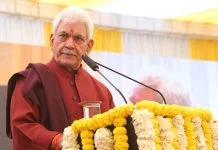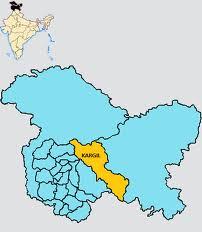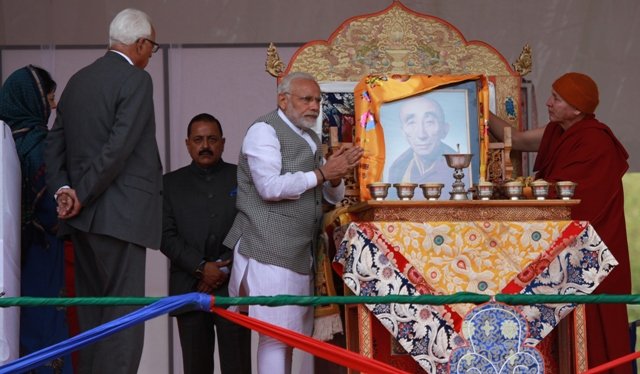A full bench of Jammu and Kashmir High Court today directed the state government to consider the issues raised in the petitions related to the implementation of the Beef ban law and take appropriate steps in accordance with law to address these issues. The bench — comprising Justice Muzaffar Hussain Attar, Justice Ali Muhammad Magrey and Justice Tashi Rabstan — disposed off the two PILs filed before separate Division Benches in Jammu and Srinagar.
“The state of Jammu and Kashmir in view of the observation made in this order shall have to consider reviewing of existing laws and take policy decision within framework of Constitution, and ensure that no inter-religious conflict takes place amongst the people of the state,” the full bench said. The bench observed that india is a pluristic state and state of Jammu and Kashmir paints pluristic colours more vividly.”It has to be thus ensured that sentiments of citizens belonging to all the religions and faiths are respected. Religions and faiths preach and teach accomodating and respecting the rights of each other. “Religion acts as cohesive and not as divisive force…. The religion, when exploited for serving individual or particular groups’ interests, corrupts pure minds of innocent peole and has the potential of
creating disorder and anarchy in the society,” the court said. The bench quoted extensively from the Constitution of the country, highlighting the guarantee to every person to live his life according to his religious tenets. “Every citizen/person and individual who inhabit this country, which includes state of Jammu and Kashmir, has right to profess and follow his/her religious tenets,” it added. The court also said the hearing in the PIL before the Jammu wing of the court was not required being of no consequence “since the court (full bench) has not decided any issue adversely affecting the legal rights and interests of any of the parties”.The bench also observed that the courts in view of dilineated area of functioning have no power to legislate laws, which is the function of the state legislature. “The courts cannot further direct to state government to legislate a particular law or to enact a law in a particular manner. This court can neither direct for legislating a law for banning slaughter of bovine animals nor can it direct the state Government to make a law to permit slaughter any kind of animal. “This is always a policy matter of the state and the state has to always take a call on such issues. It is only after a law is made and its validity challenged then it becomes jurisdiction of the Courts to test the legality of such law,” it added. The court said in view of the aforesaid discussion, both the petitions are disposed of alongwith connected MPs and orders passed from time to time in these petitions .
















